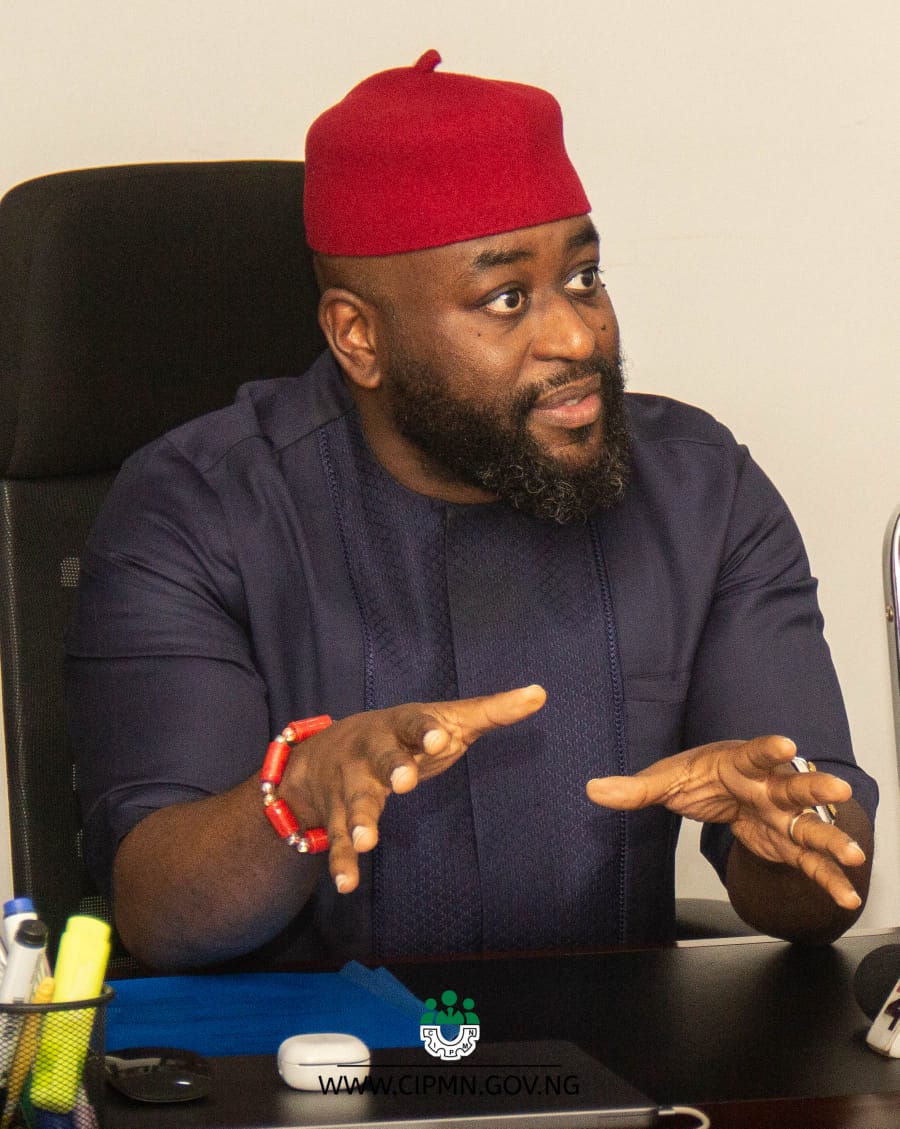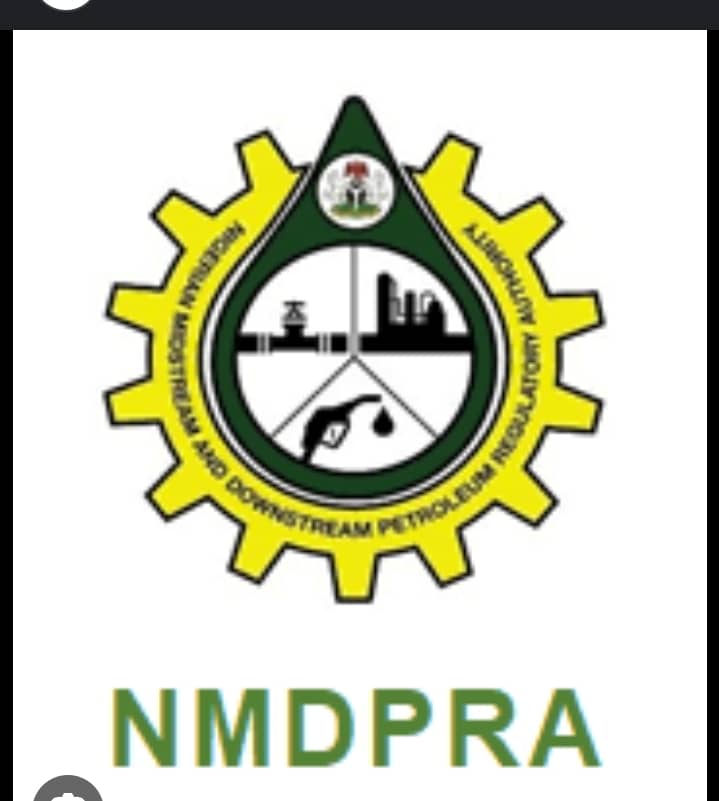FG approves new NYSC mandatory regulations
President Bola Tinubu has approved the compliance with the National Policy for the Nigeria Education Repository and Databank (NERD) a mandatory requirement for mobilisation into or exemption from the National Youth Service Corps (NYSC).
The provides that, effective from Oct. 6, no Nigerian graduate – whether from a Nigerian university, polytechnic, college of education, or an overseas institution would be mobilised for or exempted from NYSC without proof of NERD compliance.
This directive was contained in circular issued to all Ministries, Departments and Agencies (MDAs) by Sen. George Akume, Secretary to the Government of the Federation (SGF) on Sunday in Abuja.
The directive does not, however, affect serving Corps members or those enrolled before the enforcement date.
Akume said that the compliance directive was to convey the approval for the adjustment of “NYSC mobilisation criteria in accordance with the President’s regulation requiring proof of NERD Policy compliance for all prospective Corps members, regardless of where they were educated.”
Part of the new mandatory requirements of Nigerian students in the policy is the deposit of academic outputs, which include thesis or project reports.
”(It is designed) as a quality assurance check and as a yearly independent proof of continuous academic enrolment and affiliation as it is expected to inviolably time-stamp scholarship, academic activities, and footprint regardless of location.”
In March 2025, while issuing the Declaration of Effectiveness for NERD, the Minister of Education, Dr Tunji Alausa, gave more insights on it.
”The approved stipulations for mandatory submission of academic outputs as provided in Sections 2.3, 4.3(1), and 7.6.11(c), among others, of the approved National Policy for the NERD Programme shall become obligatory requirements in Nigeria.
“The NERD Policy applies in equal measures to all education delivery institutions regardless of ownership type (public, private, military or civilian) whether within or outside the direct supervision of the Federal Ministry of Education, such as Colleges or Schools of Nursing, Agriculture, specialised research centres and institutes, etc.”
The President also approved an academic output monetisation and reward mechanism for students and their lecturers, which was proposed to the Federal Executive Council by Alausa to ensure students and lecturers can earn lifetime revenues from their academic deposits.
The policy encourages each higher institution to set up its local repository.
More significantly, the policy creates a pathway with a well-structured collaborative framework where the various autonomous institutions had hitherto operated as silos.
The Federal Government’s circular to MDAs, and higher institutions of learning directs full enforcement of the NERD Policy.
In addition, critical data bodies, including the National Identity Management Commission (NIMC), are to provide inter-organisation data exchange support via Application Programming Interfaces (APIs) to facilitate onboarding and data validation.
Underscoring the significance of the directive, spokesperson for NERD, Haula Galadima, explained that each item deposited by a student shall feature the full name of the student, and those of his supervisor, co-supervisor, if any, and that of the Head of Department, as well as the sponsoring institution and department.
“Apart from the mandate to verify for authenticity as a national flagship, the NERD digitisation programme has a clear objective – to raise the bar in the quality of academic content, output and presentation nationwide.
”One way NERD intends to accomplish this task, based on its mandate, is to strengthen the supervision processes in the nation’s higher institutions without getting involved in the processes.
”If our eminent scholars are aware that their names will appear next to those of the students they supervise on a globally available digital platform, there is the likelihood that each lecturer would up his or her standard.
”Very few lecturers would want their names associated with poorly produced academic works. NERD is therefore poised to help each lecturer earn his ‘earned allowances’ by providing thorough supervision.”
Galadima said the onboarding process for MDAs, higher institutions, and corporate organisations is through https://ned.gov.ng/onboarding.(NAN)
Edited by Ismail Abdulaziz






